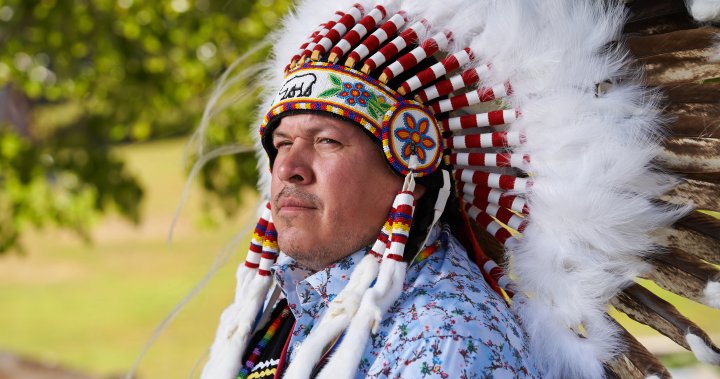
Indigenous organizations call for national inquiry into ’60s Scoop
Global News
A number of local Indigenous organizations are calling for a national inquiry into the '60s Scoop, which saw tens of thousands of children taken from their communities.
A number of local Indigenous organizations are calling for a national inquiry into the ‘60s Scoop, which saw tens of thousands of children taken from their families and communities and placed into non-Indigenous homes.
Manitoba Keewatinowi Okimakanak (MKO), the Southern Chiefs’ Organization (SCO) and the 60s Scoop Legacy of Canada are calling for a federal commission to take a closer look into the scoop — which saw an estimated 20,000 First Nations kids removed from their homes from the mid-1950s into the 1980s.
“We still don’t really know how many children were taken, where they were taken to, how many died while in adoptive or foster homes, and to what extent Indigenous children and families have been affected,” said Katherine Legrange, director at the 60s Scoop Legacy of Canada.
“Survivors have expressed the need to share their lived experiences in a meaningful way, to be acknowledged and validated as survivors of this horrific period, and to make concrete recommendations to keep Indigenous families together.”
Both the MKO and SCO passed resolutions supporting the call for a national inquiry, as well as for long-term funding supports to be made available to ’60s Scoop survivors.
The organizations spoke to media Monday morning at the Canadian Museum for Human Rights.
“It is crucial we examine and document the truths of survivors and families of the ’60s Scoop/First Nations child removal, provide tangible and necessary support for adoptees and former Crown wards and their families, and bring healing to our people and communities,” said MKO Grand Chief Garrison Settee.
MKO is also calling for a formal apology to survivors and families impacted by the events of the scoop, and the SCO said it wants to see any records from that time released by state and/or church entities to help bring some closure to families.













